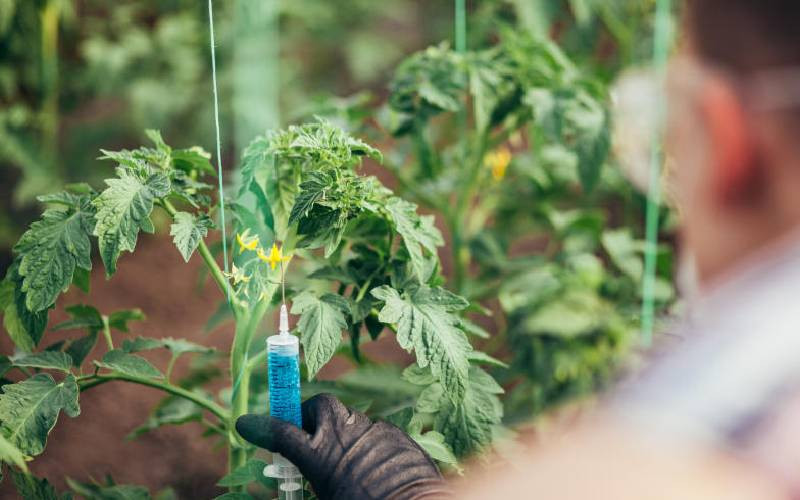×
The Standard e-Paper
Kenya’s Boldest Voice

The Consortium of International Agricultural Research Centers (CGIAR) is expected to host its inaugural science week on sustainable food systems in Nairobi next month.
The event will happen at the United Nations complex between July 1 and July 5, 2024, and will bring together leading scientists, policymakers, industry experts, and advocates from around the world to address climate-related challenges facing the food systems.